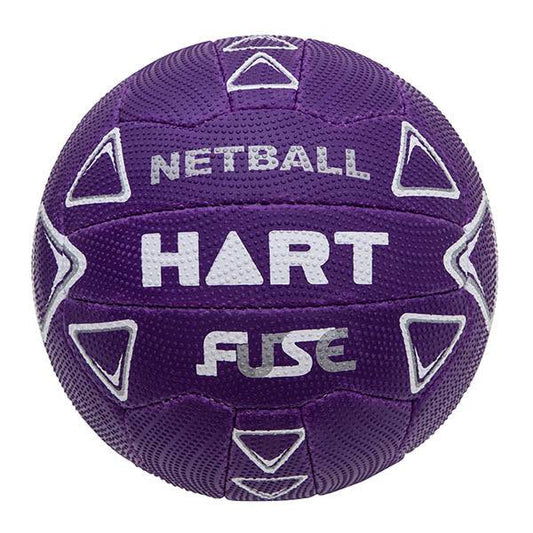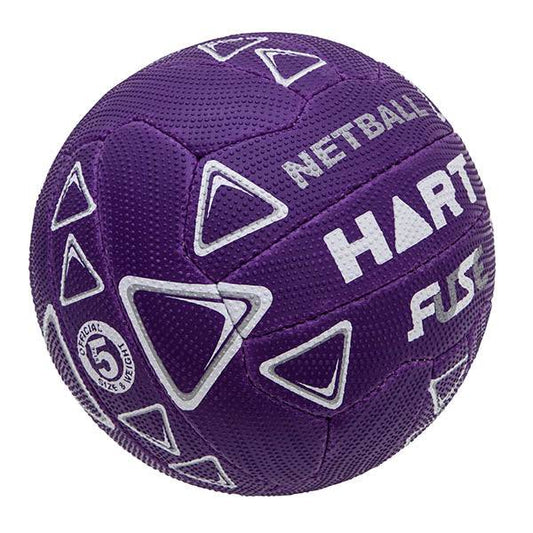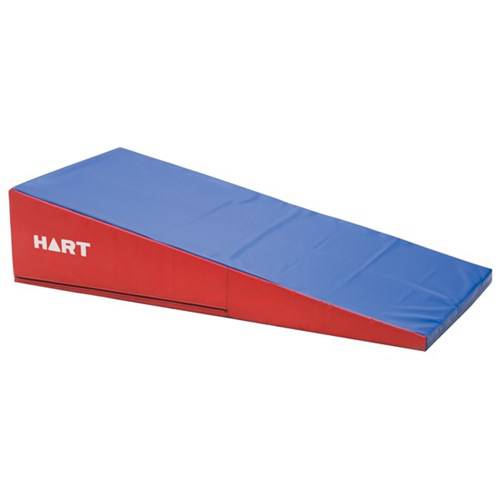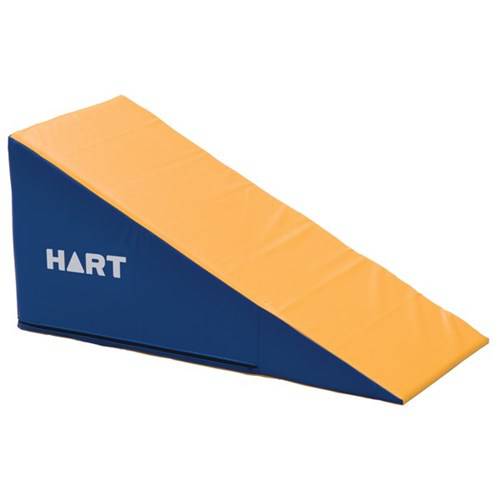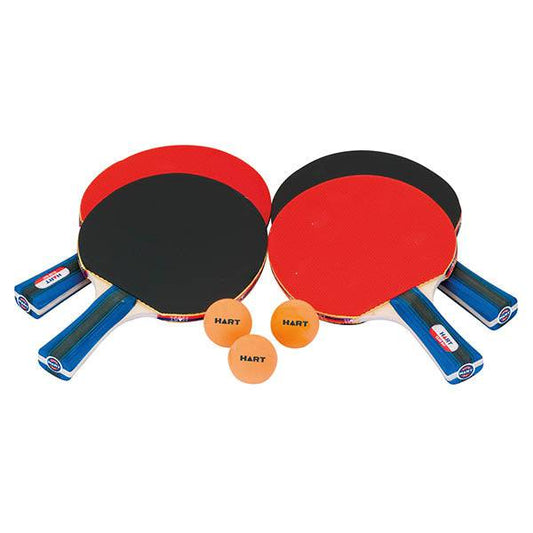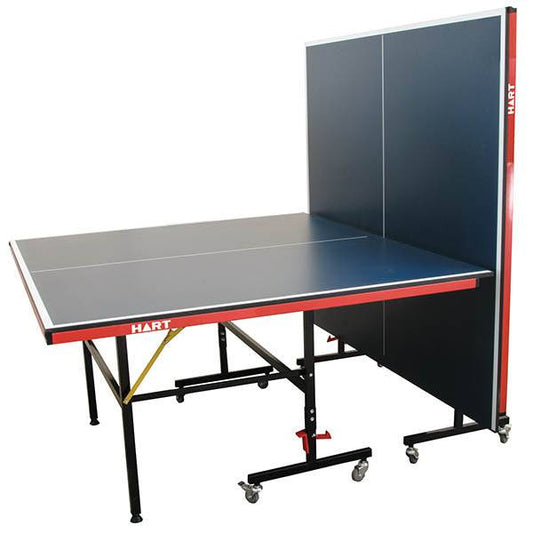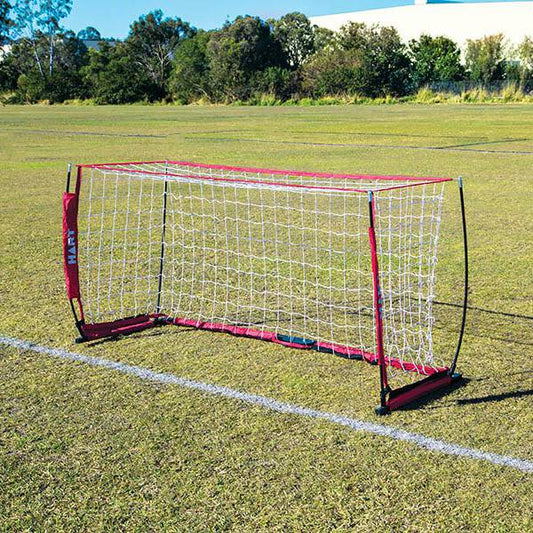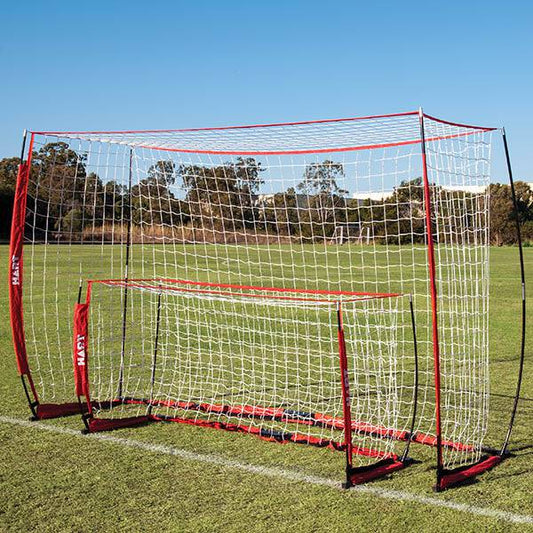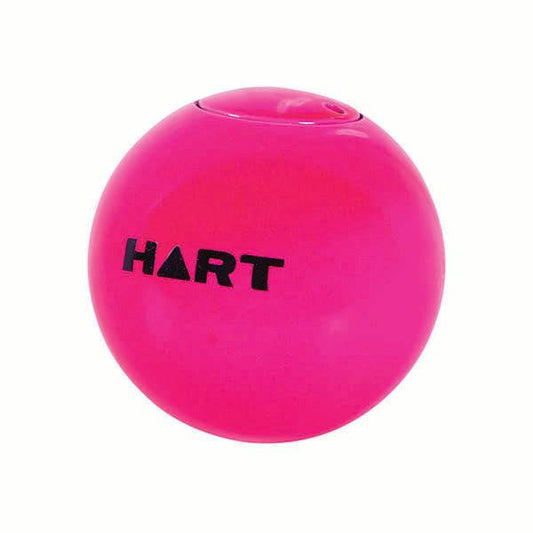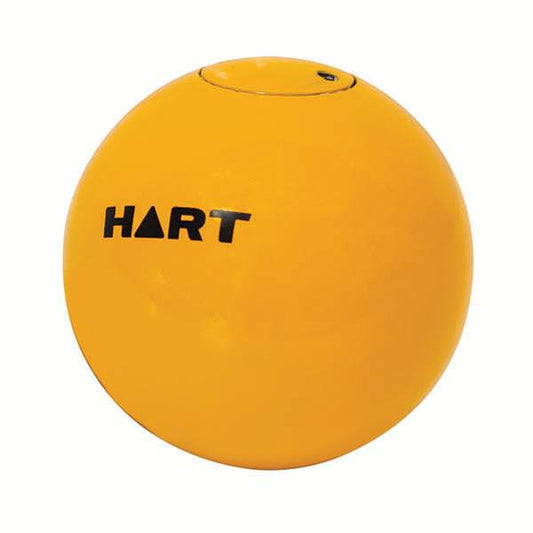Plyometrics Routine for Beginners

Plyometrics might sound complicated, however, anyone who can jump can practice plyo! Whether you’re just starting out or a professional athlete, plyometrics has so many benefits to help you improve your overall fitness and health. Jump right on into this blog if you’re wanting to learn more about plyometric exercises for beginners!
What is Plyometrics?
Plyometrics, often referred to as plyometric training, plyo, jump training, shock training or explosive training is an explosive aerobic bodyweight exercise. Plyometric exercises are designed to exert the maximum force of your muscles in short interval bursts. Plyometric training often requires you to jump, leap, hop or skip and works on the stretch-shortening cycle, also known as the reversible action of muscles. 
What are the benefits of Plyometrics?
Physical Benefits
There are many benefits of plyometric exercises including increasing strength and endurance, improving speed and power, developing better balance and promoting bone density. Plyometric training also helps to improve overall cardiovascular health, stamina and your metabolism.
Functionality Benefits
One of the best things about plyometrics is that it requires little to no equipment and can be performed almost anywhere at any time. A lot of plyometric exercises can include equipment such as plyometric boxes & plyometric hurdles and steps. To take plyometrics to the next level, try adding bodyweight equipment such as a weighted vest or ankle weights for added resistance.
Plyometric Exercises for Beginners
If you’re just starting to get into plyometrics, here are a few of our favourite exercises to help you get your body jumping and your heart pumping!
Box Jumps
Box jumps are a great beginner exercise for anyone who wants to add plyometrics into their workout routine. This exercise requires a plyometric box for you to jump onto that’s a minimum height of 30cm. Our HART Foam 3-in-1 Small Plyo Box is perfect for beginners who may not have the strength or power to jump super high just yet. As your skills progress, you can adjust the box to different heights and work your way up to 40cm before progressing to our HART Foam 3-in-1 Medium or Large Plyo Box.

Here’s how to perform a box jump!
-
Start by standing approximately 30cm away from the box
-
Begin to squat down with a straight back and lift your arms up to gain momentum before you jump onto the box.
-
Jump as if your life depends on it and propel yourself forward by using your arms and land with two feet on top of the box - your knees should be slightly bent.
-
Jump back off the box with two feet planting on the ground and repeat.
Plyometric Hurdles
Step up your plyometric workout a notch with plyometric hurdles! For this exercise, the HART Foam Plyo Hurdle Set is great for setting up plyometric drills or obstacle courses that can help improve agility, speed and balance. Our foam hurdles are soft enough to break a fall if you’re too fatigued, yet sturdy enough to be used in any condition.
Here’s how to perform a plyometric hurdle!
-
First, layout the HART Foam Plyo Hurdle Set from small to big or big to small (if you like a challenge)
-
Set yourself up at the start of the first hurdle.
-
Start in a standing position and begin to bend your knees into a squat.
-
Once you’ve reached your squat position, raise your arms high as you jump to gain momentum. You want to produce explosive power!
-
Jump with all your might over the first huddle and land with two feet planted to the ground in a squat position.
-
Jump over the next hurdle by repeating the steps 3-5. Repeat until all hurdles have been bounded over.
Plyometric Jump Lunges
So you’ve nailed the box jumps and the hurdles, and you’re looking for something a little more challenging. Plyometric jump lunges will get your legs burning and your blood pumping. Are you ready? Let’s get into it!
Here’s how to perform a plyometric jump lunge!
-
Begin this exercise by starting in a lunge position
-
Prepare yourself to jump by bending your knees to deepen your lunge.
-
Quickly dip a little further into your lunge (you can do it), and explosively launch your body off the ground by driving both feet into the floor.
-
Fully extend your knees when you jump into the air and switch your front foot and back foot mid-air so that you’re standing with your feet in the opposite position you started with.
-
Repeat steps 2-4 to continue your jump lunges.
Now that you know all about plyometrics, it's time for you to JUMP into action and try these out! Remember to tag @hartsportau in any socials when using our products and have your post shared!











